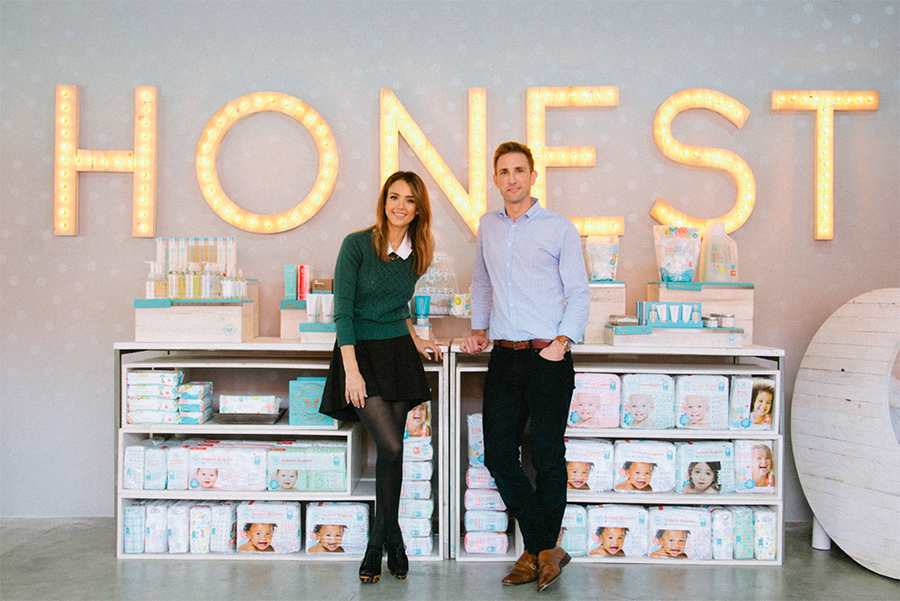
Branding has a branding problem. The advent of “personal branding” and broad substitution of the word “brands” for “companies” have diluted the meaning of this critically important principle for individuals and marketing strategy for companies big and small.
Branding is actually about making and keeping promises. A brand tells customers and other stakeholders what they can expect when they experience you, your product, or your service. Then, of course, you have to deliver on that promise. That’s what branding is really all about.
I recently wrote a column about The Honest Company, an ecommerce startup co-founded by actress Jessica Alba. The Santa Monica-based unicorn has raised $222 million at a recent valuation of $1.7 billion and is reportedly planning an IPO.
Honest markets a broad range of consumer goods that are supposed to be safer for babies, families, and the environment than competitors’ products. Above all, the company’s brand very clearly and boldly promises “honesty.”
But when the Wall Street Journal found that Honest’s laundry detergent contained a cleaning agent the company had expressly banned from its products as a key differentiator versus competitors, its executives engaged in what I can only characterize as some of the most dishonest spin I’ve ever seen.
The product label, company website, and numerous statements by Honest executives provided a “guarantee” that its laundry detergent was made without SLS, a popular foaming agent found in all sorts of consumer goods made by P&G, Colgate-Palmolive and Seventh Generation.
Alba listed SLS as “toxic” in a book she wrote, but all those companies vouch for its safety in their products. I actually brush my teeth with Colgate toothpaste, which contains SLS. Am I worried? Nope. Not even a little.
Honest says its detergent is made with SCS, which it claims is safer than SLS. But SCS actually contains SLS. Oh yes it does. Meanwhile, the company is quietly changing its website and labels while publicly maintaining that its products don’t contain SLS and that the Journal’s reporting is “false” and “reckless” “junk science.”
Talk about blowing the brand promise. You just can’t make this stuff up.
As I examined the company’s social media presence, one of its key executives stood out as a sort of self-promoting type whose personal brand seemed prone to exaggeration in not-so-subtle ways that raised red flags for me. That’s just my opinion, of course, but I doubt if it’s a coincidence.
While it might be tempting to throw up your hands, proclaim that integrity is dead, and give up on being a good person who actually keeps your promises, meets your commitments, and markets yourself as no more or less than you really are, I wouldn’t throw in the towel just yet.
The world has always been full of boastful shysters but the interactive Web has simply given them more opportunity to behave like buffoons and shoot themselves in the foot. Sooner or later, the truth will catch up to them. And trust me when I say that, on some level, they know exactly what they’re doing. Karma is a bitch.
In Walden, Henry David Thoreau wrote “The mass of men lead lives of quiet desperation.” The only difference between 1854 and now is that, today, the desperation is much more evident. The more phony Twitter and LinkedIn profiles I see, the more important and, yes, differentiated, it is to simply be genuine and honest.
Individuals, small businesses, and corporations can boil all the branding hype down to one simple concept: Saying what you’re going to do and then doing it.
Image credit: The Honest Company